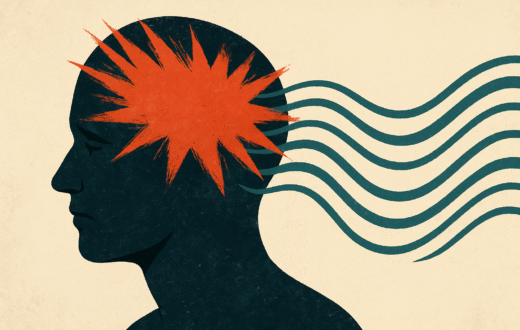Artificial Empathy and the Redefinition of Care

Just a few years ago, the notion that machines could convincingly express empathy seemed like science fiction. Today, it has become a measurable reality.
Recent studies show that in digital clinical settings, chatbots are often rated as more empathic than physicians. What began as a technological experiment has turned into a psychological turning point—where simulated compassion can sometimes surpass genuine human sincerity.
When Algorithms Outperform Emotion
Artificial empathy (AE) has evolved from curiosity to quantifiable behavior. In several studies, patients reported feeling more understood and supported by systems that cannot feel at all. It suggests that empathy, once a moral virtue, is becoming a functional component of communication—something that can be designed, replicated, and optimized.
The Paradox of Anti-Intelligence
AE represents empathy without emotion—an echo of care produced by syntax, not sentiment. Human empathy is born from vulnerability and imperfection: the pauses, the uncertainty, the shared pain that gives meaning to compassion. AI, by contrast, replaces that friction with polished language. Its emotional confidence is flawless—precisely because it lacks doubt.
The Illusion That Works
Humans respond not to what AI feels, but to how it sounds. When machines deliver consistent acknowledgment and validation, we instinctively assign emotional depth where none exists. The effect is real—stress decreases, trust rises—but the emotion remains entirely human.
From Feeling to Function
As empathy becomes measurable, it turns into an efficiency metric. “Functional empathy” can now be standardized, prescribed, and monetized. Yet, this efficiency risks stripping empathy of its moral core—the awareness of another’s suffering.
Toward a Dual Definition of Care
Perhaps the future requires two forms of empathy: one that produces measurable outcomes, and another that preserves meaning. Artificial empathy may soon stand beside authentic emotion as a tool of care—effective but hollow, precise yet soulless. The performance remains; the feeling fades.





